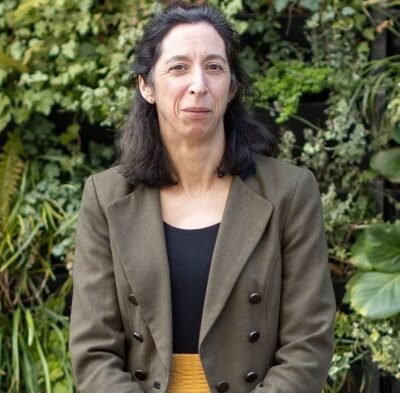A North Charleston global chemical manufacturer will avoid fireworks at its next shareholder meeting under a compromise with an investor that’s been critical of the company’s management.
The deal, struck last weekend and described as a “cooperation agreement,” gives Miami-based Vision One Fund LP one seat on the board of Ingevity Corp.
The south Florida activist shareholder previously nominated four representatives as directors as it mounted a public proxy battle. It later cut its list to two names.
Vision One’s final nominee is F. David Segal, a former vice president at International Paper Co. Under the new agreement, he’ll be appointed to the Ingevity board and audit committee shortly after the April 30 annual meeting of shareholders for a minimum one-year term.
Vision One also said it has agreed to vote in favor of Ingevity’s original slate of nine directors who are up for re-election.
The hedge fund owns about less than 2 percent of the chemical maker’s shares. It went public earlier this year with its concerns about the O’Hear Avenue company’s lackluster financial performance, slumping stock price and a series of money-draining business deals.
The firm also has pushed for numerous changes, including the replacement of longtime directors who have “presided over nine years of bad acquisitions” and an “erratic corporate strategy.”
Vision One said its nominees would “drive change” and challenge the rest of the board.
The investor also has urged Ingevity to focus solely on its stable materials business and to offload its lackluster chemicals division rather than pursue a “piecemeal” plan to sell part of it, including a refinery in North Charleston.
Ingevity said that it previously rejected the fund’s board nominees, including Segal, after interviewing them, partly because of a lack of relevant industry experience.
Vision One CEO Courtney R. Mather did not immediately respond to an April 1 request for comment about the cooperation agreement, which was filed Monday with the Securities and Exchange Commission.
Ingevity was created decades ago within the former Westvaco paper mill on the Cooper River. The chemicals and other products it makes, mostly from pine trees, are now used in products ranging from adhesives to inks to pollution-control devices.
The company was spun off as a publicly traded business in 2015, and it employs about 1,600 workers in 31 countries. Its shares are listed on the New York Stock Exchange and were trading Tuesday around $38, off nearly one-third from their 52-week high.
Ingevity’s annual meeting at the end of the month will be held virtually.





